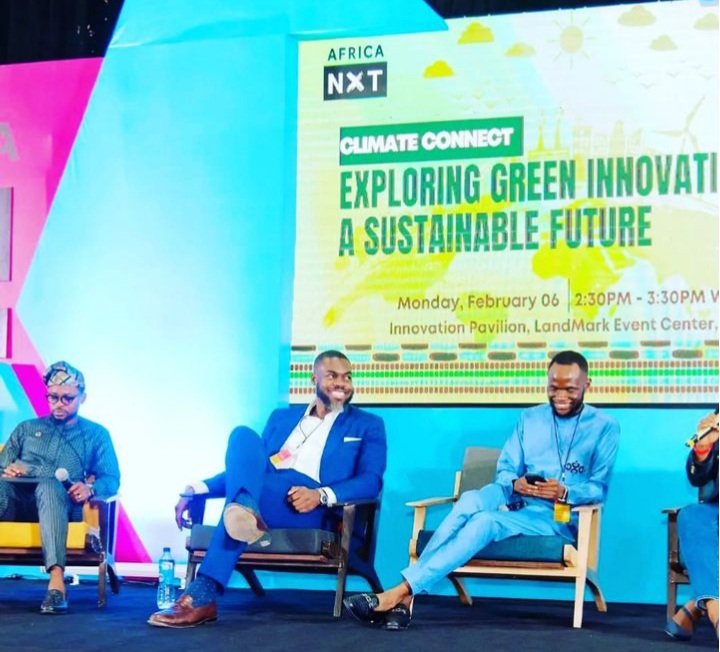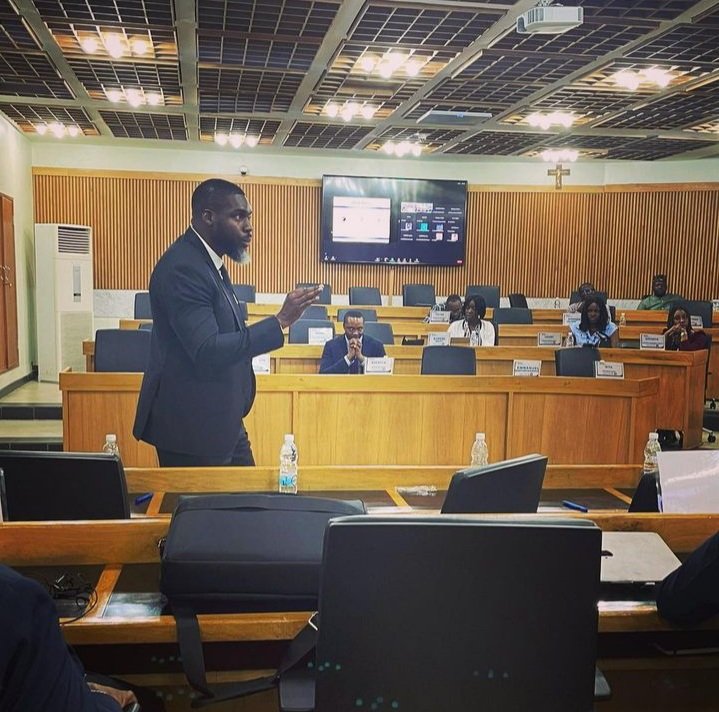Nigeria’s plastic pollution crisis has long been a growing environmental concern. With a $10 billion market opportunity, one company is making waves in turning this problem into a sustainable business solution. Kaltani, a plastic recycling business founded by Obi Charles Nnanna, is at the forefront of Nigeria’s recycling industry. The company recently secured $4 million in seed funding, fueling its mission to combat plastic waste and unemployment while building a circular economy. Nnanna, Kaltani’s founder, spent over a decade working in the energy sector in the United States and France before returning to Nigeria five years ago.

With a strong desire to launch a business, Nnanna focused on two glaring issues: plastic pollution and youth unemployment. After two years of consulting, extensive research, and a KPMG feasibility study, Nnanna identified plastic recycling as the solution to address these problems. Kaltani was founded on a mission to solve Nigeria’s plastic waste crisis while empowering local communities. Nnanna started with pre-seed funding, raised from family, friends, and personal investments totaling over $1 million. Although the COVID-19 pandemic delayed initial operations, Kaltani launched full-scale production a year ago and has since secured key contracts and a successful seed round.

Unlike many players in the recycling industry that focus on one aspect of the process, Kaltani manages the entire recycling chain—from plastic collection to processing and reselling. Starting with collection centers in Lagos and Ogun States, the company is working toward building 20 additional collection sites across 10 Nigerian states. Each center employs 30 to 40 workers and sources various plastics, including PET (soda bottles), PE (pure water sachets), and PP (plastic chairs and tables). These plastics are sorted, compressed, and sent to one of Kaltani’s two factories in Lagos for recycling.

Each factory is equipped with machines for washing, grinding, and drying the plastics. The processed materials undergo laboratory testing to ensure they meet international standards before being sold. Kaltani’s main product, hot-washed PET flakes, is used to manufacture new bottles, allowing fast-moving consumer goods (FMCG) companies to reduce their reliance on virgin materials. Additionally, Kaltani produces polyester staple fiber flakes used to create fabrics for major brands like Nike, Puma, and Adidas.

Kaltani is not only reducing Nigeria’s environmental footprint but also creating jobs and empowering communities. By paying plastic collectors around 80 to 100 naira (US$0.19 to $0.24) per kilogram, the company is supporting thousands of waste pickers, many of whom have made recycling their full-time job. Each month, Kaltani provides income opportunities for over 500 to 1,000 waste collectors, and that number continues to grow. By expanding its network of collection centers and improving logistics, the company is scaling its impact, creating more jobs, and enhancing Nigeria’s sustainability. With plastic waste regulations tightening in the EU, UK, and beyond, Nnanna sees immense potential for Kaltani’s growth.

The company’s recycled plastics are in high demand from international markets, including buyers from Europe, the Middle East, the U.S., and Canada. However, as Nigerian businesses become more environmentally conscious, Kaltani is also gaining traction locally. Looking ahead, the $4 million seed funding will be used to expand Kaltani’s collection centers, logistics infrastructure, and workforce. By the end of the summer, the company aims to employ over 500 people and further solidify its position in the Nigerian market. The journey doesn’t stop at Nigeria. Kaltani is exploring expansion into other African countries, including Senegal, Ghana, Ethiopia, and South Africa, where the plastic waste challenges mirror those in Nigeria.





